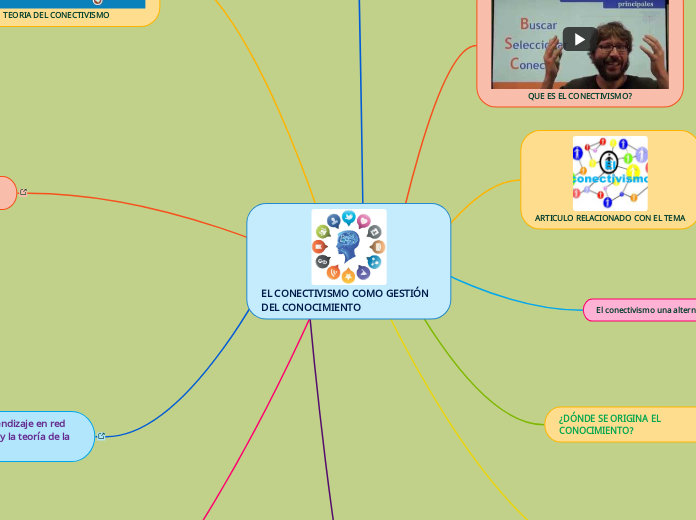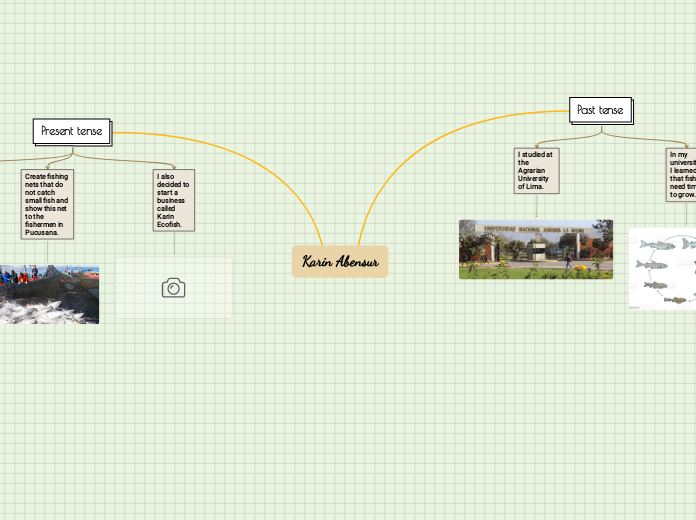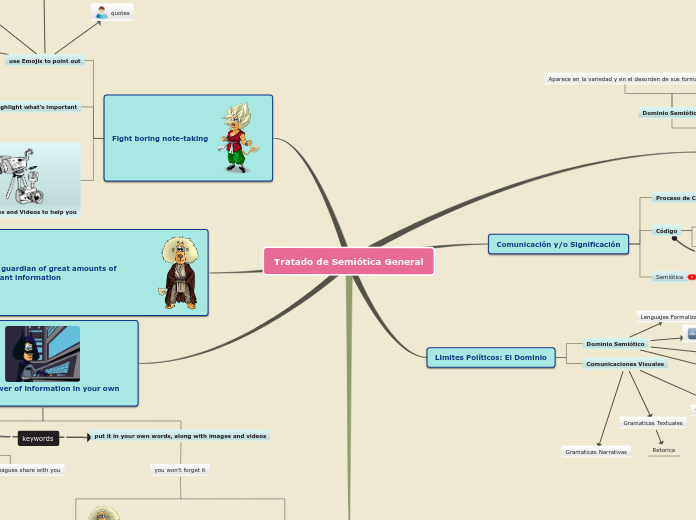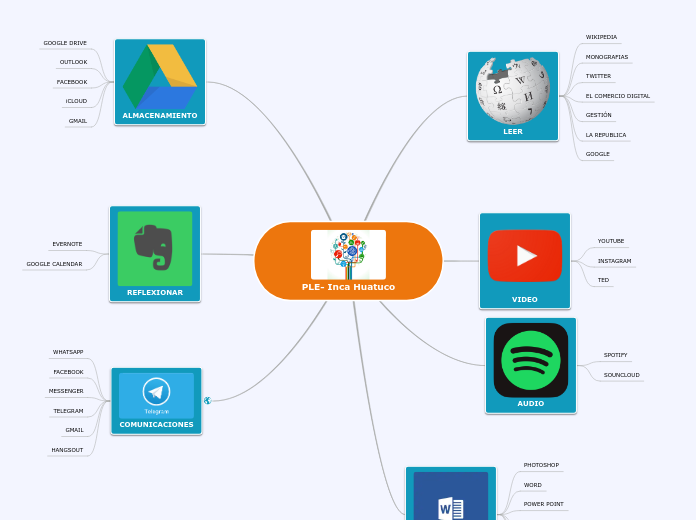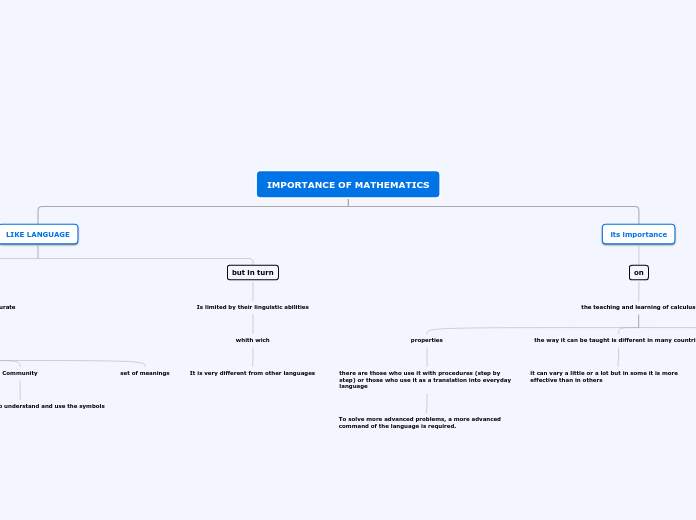av MABEL CARDENAS HERRERA 3 år siden
375
EL CONECTIVISMO COMO GESTIÓN DEL CONOCIMIENTO
Connectivism offers a framework for understanding how knowledge is created and shared in the digital age. It posits that all ideas are built upon previous concepts, emphasizing the interconnected nature of learning.
